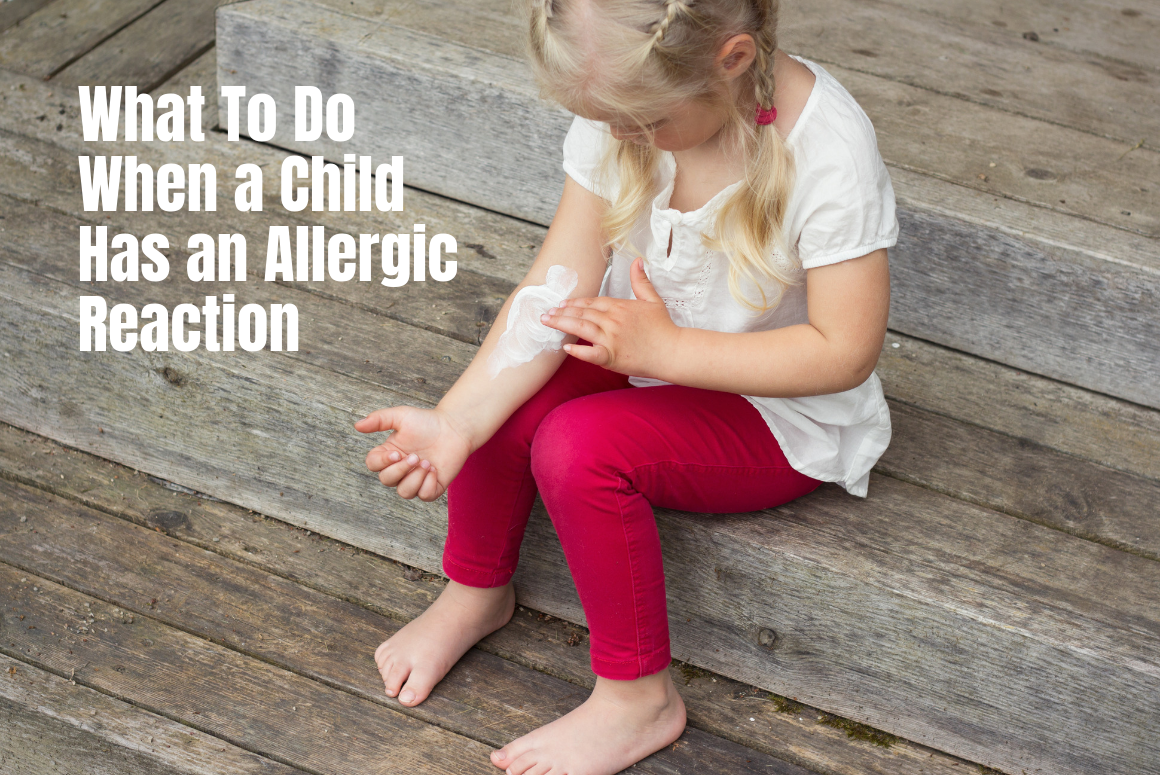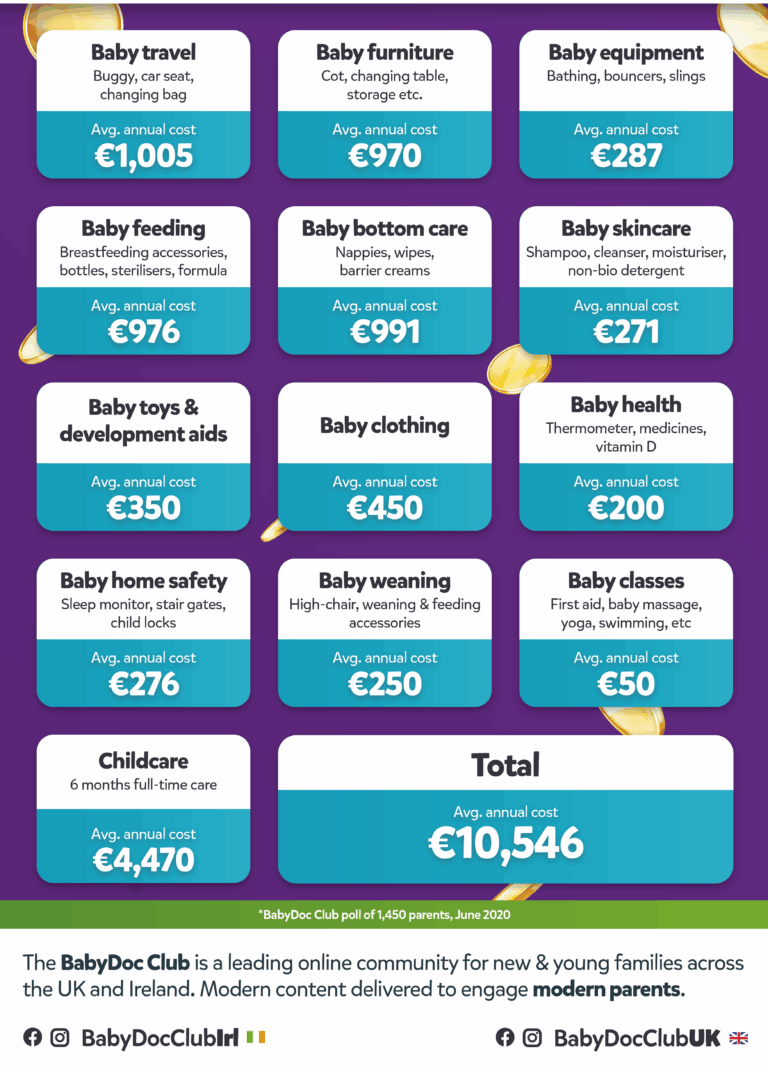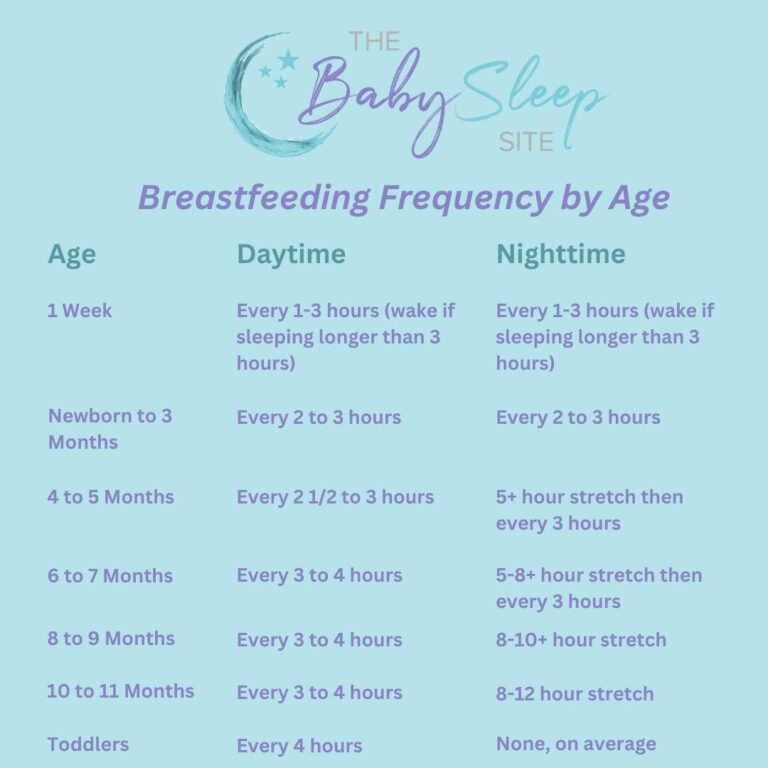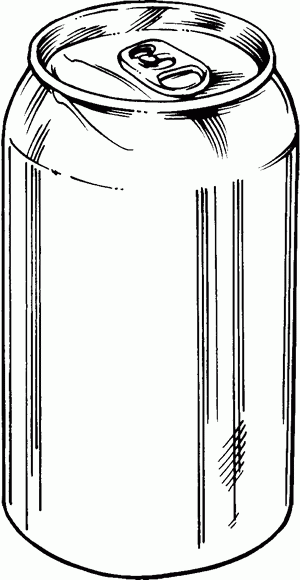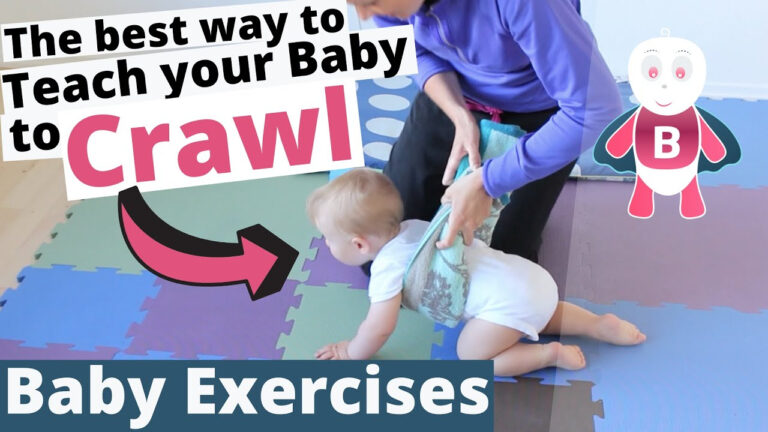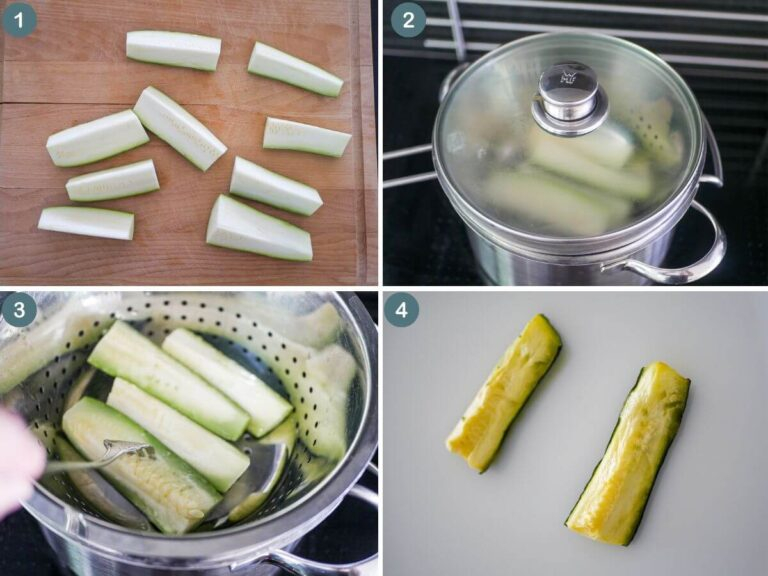What To Do If Baby Has Allergic Reaction
As a parent, one of the most frightening experiences is witnessing your baby having an allergic reaction. It can be a scary and overwhelming situation, but knowing what to do in such a scenario can make a significant difference. This article will provide you with a comprehensive guide on what to do if your baby has an allergic reaction, covering everything from recognizing the symptoms to seeking medical help.
Knowledge
When it comes to dealing with an allergic reaction in a baby, the first step is to be able to recognize the signs and symptoms. Common symptoms of an allergic reaction in babies include hives, swelling of the face, lips, or tongue, difficulty breathing, wheezing, vomiting, and diarrhea. If you notice any of these symptoms in your baby, it is essential to act quickly.
If your baby is showing signs of an allergic reaction, the first thing you should do is stay calm. Panicking will only make the situation worse. Remove your baby from the allergen if possible and wash any affected areas, such as the skin or mouth, with water. If your baby is having trouble breathing, call emergency services immediately.
If your baby has been diagnosed with a severe allergy and has been prescribed an epinephrine auto-injector, such as an EpiPen, administer it as soon as possible. Follow the instructions provided by your healthcare provider on how to use the auto-injector correctly. It is crucial to seek medical help even after administering the epinephrine.
After administering the epinephrine, take your baby to the nearest emergency room or call emergency services for further evaluation and treatment. Even if the symptoms seem to improve after using the auto-injector, it is essential to have your baby evaluated by medical professionals to prevent a potential rebound reaction.
Conclusion
In conclusion, knowing what to do if your baby has an allergic reaction is crucial for every parent. By being able to recognize the symptoms, stay calm, administer medication if necessary, and seek medical help promptly, you can help ensure the best possible outcome for your baby. This article is intended for parents and caregivers who want to be prepared in case of an allergic reaction and act swiftly to protect their little ones.
Remember, the safety and well-being of your baby should always be your top priority. Stay informed, stay prepared, and trust your instincts when it comes to dealing with an allergic reaction in your baby. By following the guidelines outlined in this article, you can be better equipped to handle this challenging situation and provide the necessary care and support for your child.
